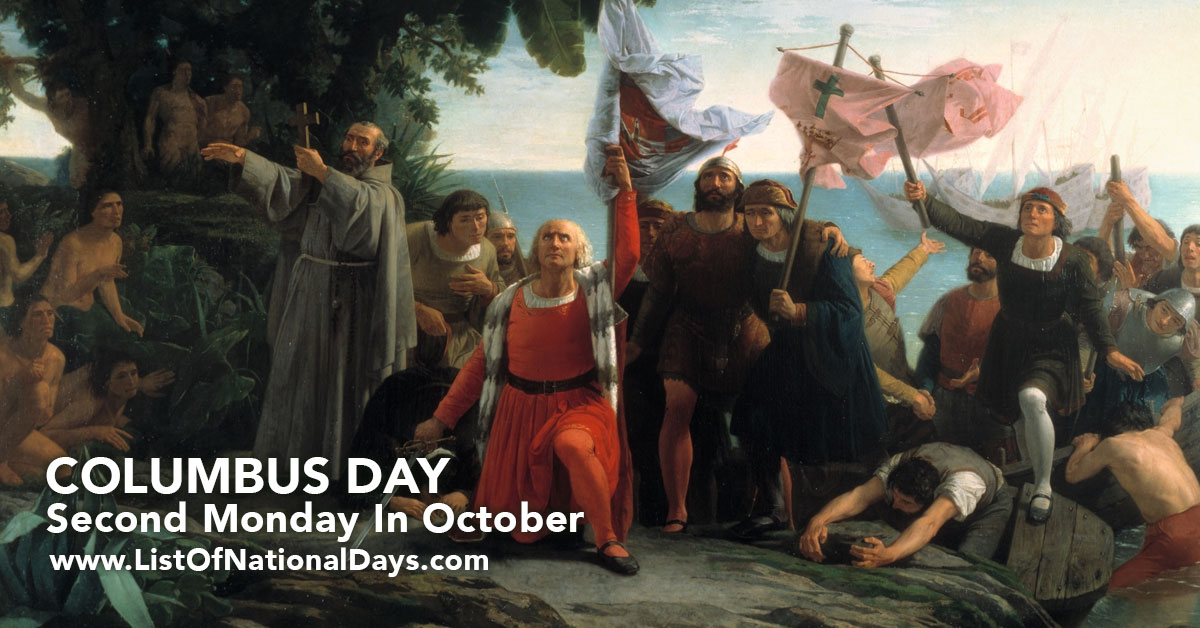
Columbus Day, observed annually on the second Monday of October, is a U.S. federal holiday commemorating Christopher Columbus’s arrival in the Americas on October 12, 1492. Traditionally, the holiday has been celebrated as the discovery of the New World, marking the beginning of European exploration and settlement in the Western Hemisphere.
The History and Significance of Columbus Day
Columbus Day became an official U.S. holiday in 1937, following advocacy by Italian-American communities to honor Christopher Columbus’s contributions and Italian heritage. Many cities and states host parades, cultural events, and educational programs to recognize the impact of Columbus’s voyage.
However, the holiday has become increasingly controversial due to Columbus’s role in the colonization, mistreatment, and displacement of Indigenous peoples. This has led to growing support for Indigenous Peoples’ Day, an alternative celebration honoring Native American history and culture.
How Columbus Day Is Celebrated
Columbus Day is observed differently across the U.S., depending on local traditions and perspectives. Common ways of marking the holiday include:
1. Columbus Day Parades
Many cities, particularly those with strong Italian-American communities, host parades featuring:
- Marching bands and cultural performances
- Italian heritage celebrations
- Floats commemorating Columbus’s voyage
2. Educational Events and Discussions
Schools and museums often organize lectures, exhibitions, and discussions about the historical impact of Columbus’s expeditions, both positive and negative.
3. Alternative Celebrations: Indigenous Peoples’ Day
More states and cities now observe Indigenous Peoples’ Day instead of Columbus Day. This alternative holiday:
- Honors Native American heritage and culture
- Acknowledges the history of Indigenous resistance and resilience
- Encourages awareness of Native contributions to American society
4. Community Service and Reflection
Some communities use the holiday to engage in volunteer work, advocacy, and educational programs that support Indigenous communities and promote cultural understanding.
Facts About Columbus Day
- Colorado was the first U.S. state to recognize Columbus Day in 1907 officially.
- Columbus never actually set foot in what is now the U.S., landing in the Caribbean instead.
#HASHTAGS
#ColumbusDay
Columbus Day is celebrated annually on the second Monday In October
| 2024 | October 14 | Monday |
| 2025 | October 13 | Monday |
| 2026 | October 12 | Monday |
| 2027 | October 11 | Monday |
| 2028 | October 9 | Monday |
| 2029 | October 8 | Monday |
| 2030 | October 14 | Monday |
| 2031 | October 13 | Monday |
| 2032 | October 11 | Monday |
| 2033 | October 10 | Monday |
| 2034 | October 9 | Monday |
| 2035 | October 8 | Monday |